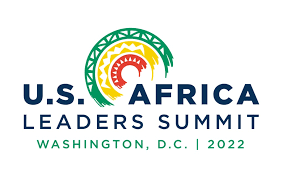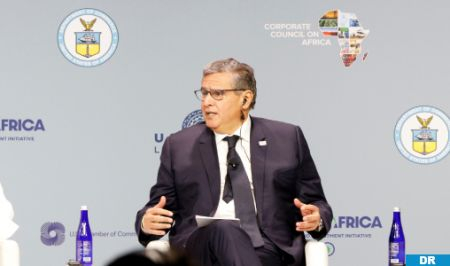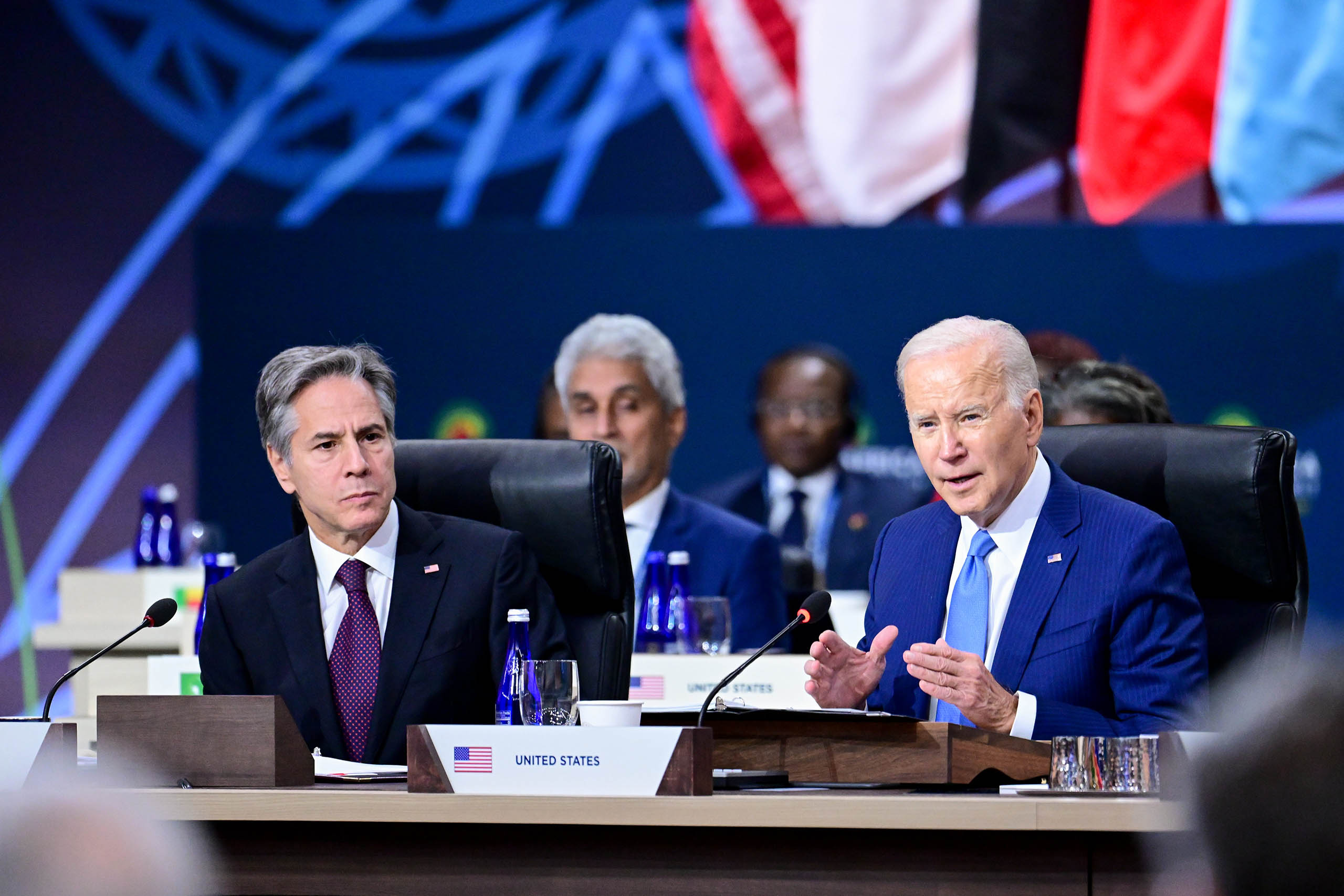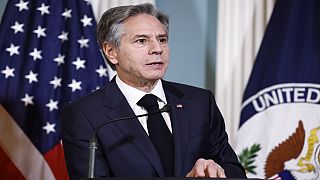The US-Africa Leaders summit kicked off Tuesday (13 December) in Washington, D.C., with a full agenda that includes topics ranging from climate adaptation and energy transition to peace, security and governance.
As President Joe Biden is hosting 49 African heads of state in the nation’s capital, some analysts see it as the United States “playing catch-up” with Russia and China. China, Russia and various European countries have all recently either wooed leaders at their own respective African summits or surged ahead with economic and sometimes clandestine military assistance on the continent.
For the United States, however, this is its first summit in eight years, with President Biden saying he hopes “to continue strengthening our shared vision for the future of US-Africa relations.” And all this is happening against a massive cloud of Islamist terrorism sweeping the African continent.
The aim of the summit, according to the US State Department, is to foster economic engagement and advance peace and security among many other goals. The Biden administration is also expected to be pushing its agenda aimed at rolling back climate change at the summit. But many in Africa argue that they need to stay warm, to cook food and can’t afford to worry about saving the planet. For example, in the Democratic Republic of the Congo, huge parts of a rain forest vitally needed to swallow up carbon emissions are being sold to oil and gas exploration exploiters by a government that claims its poor populace needs the income.
“Developed economies, like the US, have historically been the principal carbon emitters and primarily contributed to the current climate change crisis,” says Gustavo de Carvalho from South African Institute of International Affairs (SAIIA), describing a common African viewpoint. He adds that, therefore, “African nations demand proportionality in many issues, including compensation for environmental damage.”
President Biden will also look to tackle the Kremlin’s threat to food security in Africa in discussions with leaders Thursday (15 December). According to the National Security Advisor Jake Sullivan, “food security and food systems resilience is a critical issue for our African partners who have been disproportionately impacted by the rise in food and fertilizer prices and disruptions to global supply chains as a result of Russia’s war against Ukraine.”
The State Department is also planning to tackle good governance. Four countries where that is not happening — Mali, Sudan, Guinea and Burkina Faso — have not been invited to Washington.



